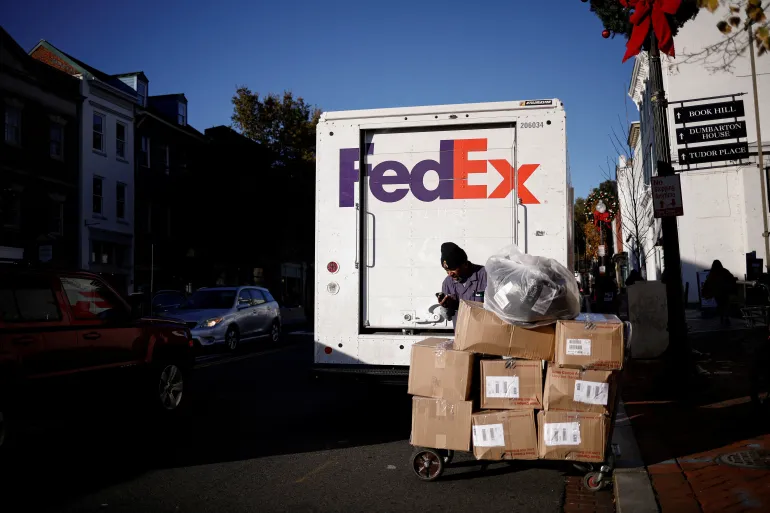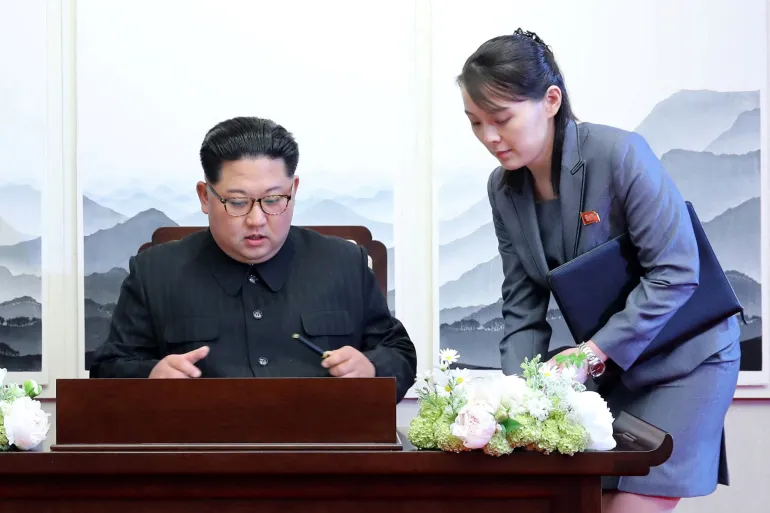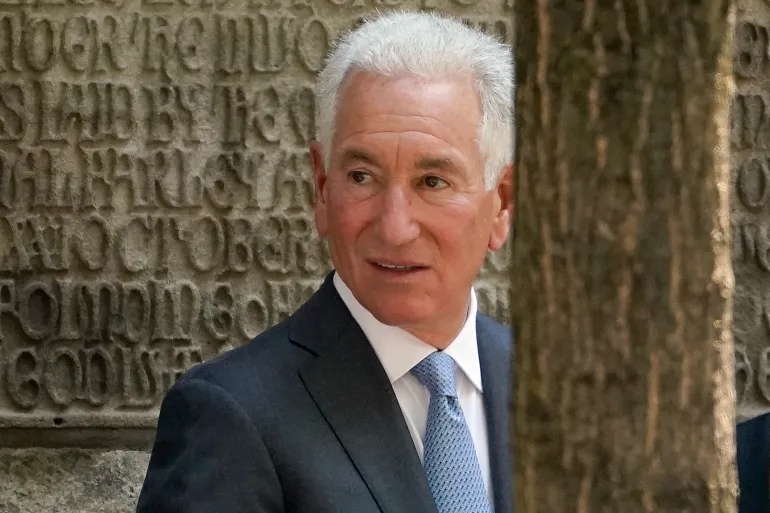The International Energy Agency (IEA) has sharply revised down its forecast for renewable energy growth to 2030, warning that the world is now off track to meet the global goal of tripling renewable capacity this decade.
In its latest report released Tuesday, the Paris-based agency projects total renewable capacity will reach 4,600 gigawatts (GW) by 2030, 900GW lower than last year’s forecast of 5,500GW.
The IEA said the downgrade reflects slower policy momentum and reduced incentives in the world’s two largest energy markets, the United States and China.
Policy shifts derail momentum
In the United States, the IEA blamed the early phase-out of federal tax incentives for renewable projects under President Donald Trump’s “One Big Beautiful Bill”, calling it a major factor behind the weaker outlook.
China, meanwhile, is struggling with its own transition: as the government shifts from guaranteed electricity pricing to competitive auctions, profitability margins for solar and wind projects have narrowed sharply.
“Policy uncertainty in both economies has created headwinds for investors and developers,” the report said.
Pockets of resilience
Still, the global picture is not entirely bleak. The IEA noted that India is “on track to meet its 2030 target” and is poised to become the second-largest growth market for renewables, with capacity projected to rise 2.5 times in five years.
Forecasts were also raised by 25 percent for the Middle East and North Africa, reflecting a wave of new solar and wind investments, while Germany, Italy, Poland, and Spain saw moderate upgrades driven by improved permitting and grid expansion policies.
Solar still leads — offshore wind stalls
Solar energy remains the powerhouse of the global transition, accounting for roughly 80 percent of all renewable growth over the past five years, followed by wind, hydropower, biomass and geothermal.
But the outlook for offshore wind has dimmed. The IEA cited policy reversals in several key markets, particularly in the US, where the government has halted or delayed projects already under construction as part of its pivot back toward fossil fuel expansion.
Security dividends
Despite the slowdown, the IEA stressed that renewables are already reshaping global energy geopolitics by reducing import dependency and strengthening energy security.
“The deployment of renewables has already reduced fuel import needs significantly in many countries,” the agency noted. “This diversification enhances both financial stability and national security.”
With global temperatures continuing to rise and fossil fuel subsidies expanding, the report reads as both a warning and a missed opportunity: the tools for a clean energy transition exist, but the political will is running short.










The latest news in your social feeds
Subscribe to our social media platforms to stay tuned